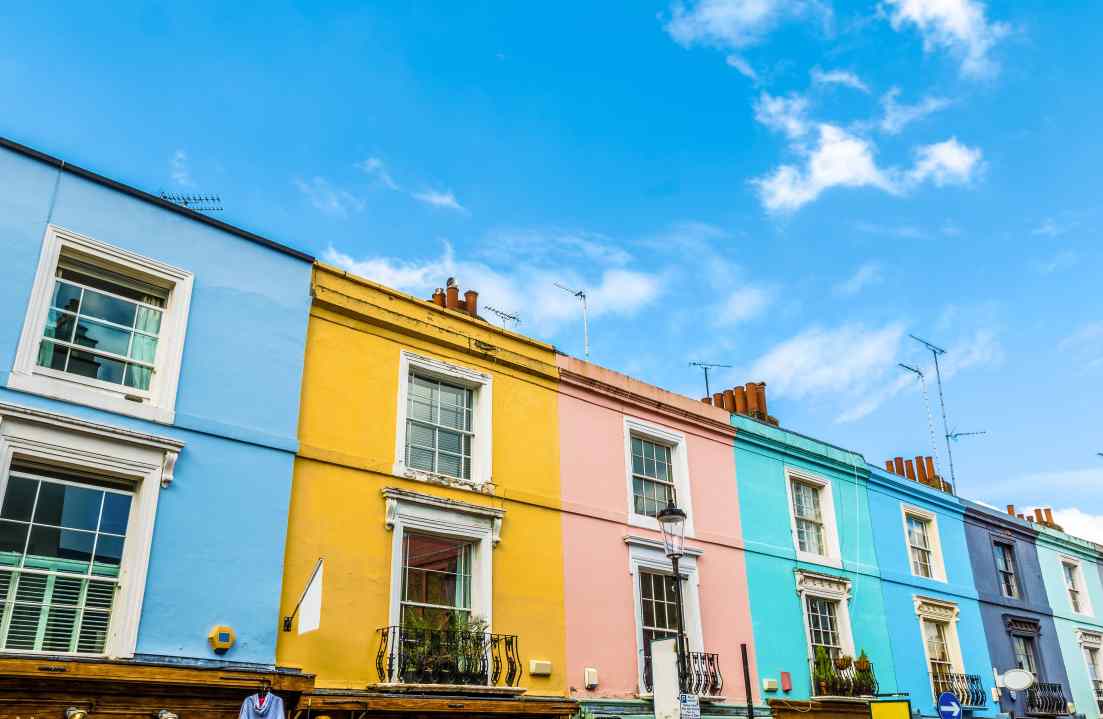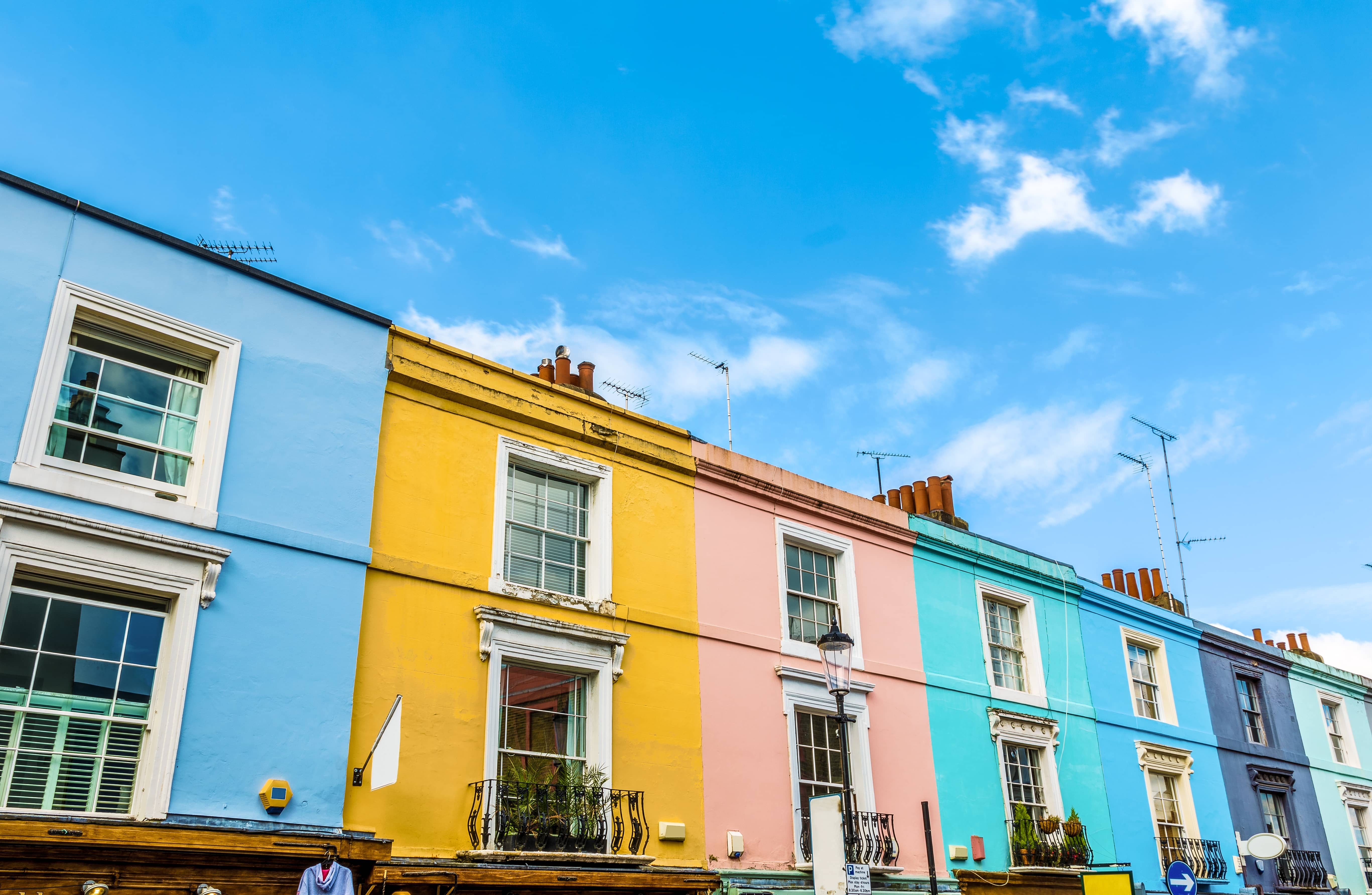So, the stamp duty holiday has finally come to an end, as the tapered reduction in discounts expires. Now it’s just a case of catching the flight home, getting the dog back from the kennels and watching as the tan fades. And, as with a fortnight in concrete hotel in Benidorm, it is time to start asking: was it really all worth it?
If the aim was to stimulate the housing market it was a runaway success – in the year to the 2nd quarter of 2021 there were 1.258 million residential transactions, compared with 996,050 in the same period in 2018/19. Proving the Laffer Curve in action, the latter stages of the stamp duty holiday have even succeeded in raising more revenue: government receipts in the first eight months of 2021 were £7.6 billion, £200 million than in the same period in 2019 as increased transactions made up for the fact that for much of that period owner-occupiers paying less than £500,000 for a home paid no stamp duty at all (investors were still paying a minimum of three percent, and stamp duty was still payable on all transactions above £500,000).
The Chancellor might care to reflect on whether it might have been better to reduce stamp duty permanently
But for property-buyers the benefits are a little more mixed. The result of the stamp duty holiday was to fuel inflation in house prices. The average sum paid for a home in the UK according to the Land Registry and its Scottish and Northern Irish counterparts was £239,036 in August 2020, rising to £255,535 in July 2021 – which, for those late to the party, more than wipes out the maximum savings of £15,000 in stamp duty.
But it doesn’t end there. House-buyers desperate to complete before the deadline ended up paying over the odds not just for the property they were so keen to buy but also for services such as removals companies. According to a survey by iPlace Global, 12 per cent of buyers admit to rushing their purchase, and 11 per cent admit to overpaying on the move to the tune of thousands. For many, the unseemly rush ended in difficulty: 21 per cent say their property purchase ended up being delayed because they had filled in paperwork wrongly, while 13 per cent failed to budget for fees and ended up having to borrow money unexpectedly. It doesn’t say how many of these buyers ended up missing the deadline for avoiding stamp duty and so ended up with a tax bill anyway.
Neither does it reveal how many of the people who rushed into moving home over the past 12 months now regret their decision. Buying the wrong property is, needless to say, a hugely expensive mistake, with buyers having to shell out again for estate agents’ fees, conveyancing fees – and stamp duty now that the holiday has ended. Moreover, they may find it more difficult to sell now that the holiday is over.
The Chancellor may have kick-started the housing market and, bizarrely, created a housing boom during the deepest recession in modern history. But he might care to reflect on whether it might have been better to reduce stamp duty permanently, not offer a time-limited holiday which has tempted many people to rush house moves which they may now regret and which will end up costing them a lot more money than they have saved.







Comments